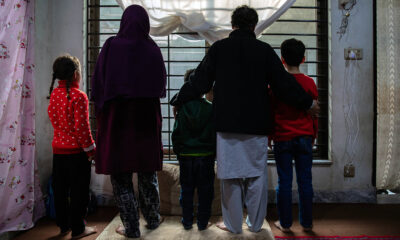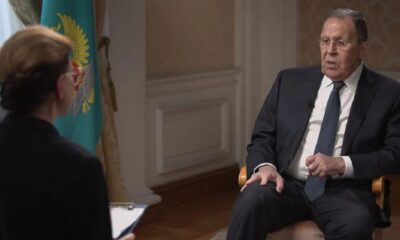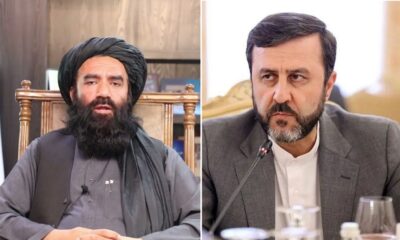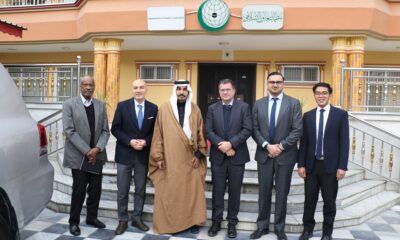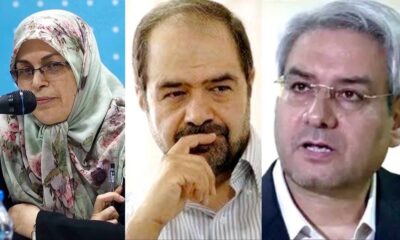Latest News
Third journalist killed in Afghanistan in one month
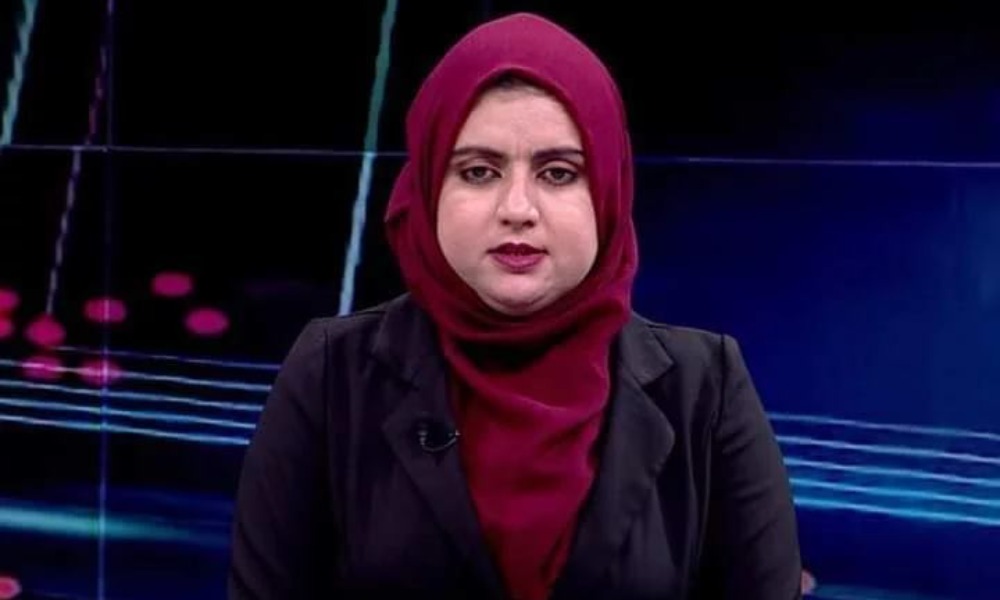
Gunmen opened fire and killed Malalai Maiwand, a radio and television journalist, in Jalalabad city early Thursday morning in what has become yet another suspected targeted attack on media workers.
Maiwand was killed shortly after 7.30am in the Nangarhar provincial capital, along with her driver, while on her way to work. She worked for provincial radio and TV station Enikass.
Reacting to the attack, Ministry of Interior spokesman Tariq Arian said in a tweet that “unfortunately, in the last decade and a half, the vast majority of journalists have been killed by the Taliban.”
Maiwand’s death on Thursday has brought the total number of journalists killed in Afghanistan since 2001 to 52, according to CPJ data.
No group has yet claimed responsibility for her death.
This latest incident comes less than a month after Radio Free Europe/Radio Liberty journalist Elyas Dayee was killed in an IED explosion in Lashkargah city in Helmand province.
The November 12 incident happened after insurgents attached a magnetic IED to Dayee’s car and came less than a week after former TOLOnews TV presenter Yama Siawash was killed in the same type of attack.
“This is part of an alarming pattern of increased threats and attacks on the media by the Taliban,” Patricia Gossman, associate Asia director for Human Rights Watch, said in a tweet after Dayee’s death.
Thursday’s attack comes just three days after NATO allies and partners in Afghanistan issued a joint statement condemning the ongoing targeted attacks and assassinations of individuals, including journalists.
This comes after almost daily killings of people who appear to have been singled out by insurgents to be assassinated.
Of the dozens of people killed in this way in the past few months are judicial officials and media representatives among others.
The signatories to the statement specifically stated that they expect that all parties to the conflict will protect the freedom and the independence of the media and civil society in Afghanistan.
“We reaffirm our commitment to champion the freedom of all the Afghan people. We call for immediate compliance with international humanitarian law and international human rights law.
“To this end, we support the Islamic Republic of Afghanistan in its efforts to investigate and prosecute those who are targeting these individuals with violence and immediately end the impunity of these killings.”
Latest News
Pakistan to repatriate nearly 20,000 Afghans awaiting US resettlement
Authorities will also share verified data of the affected individuals with relevant departments to support implementation.
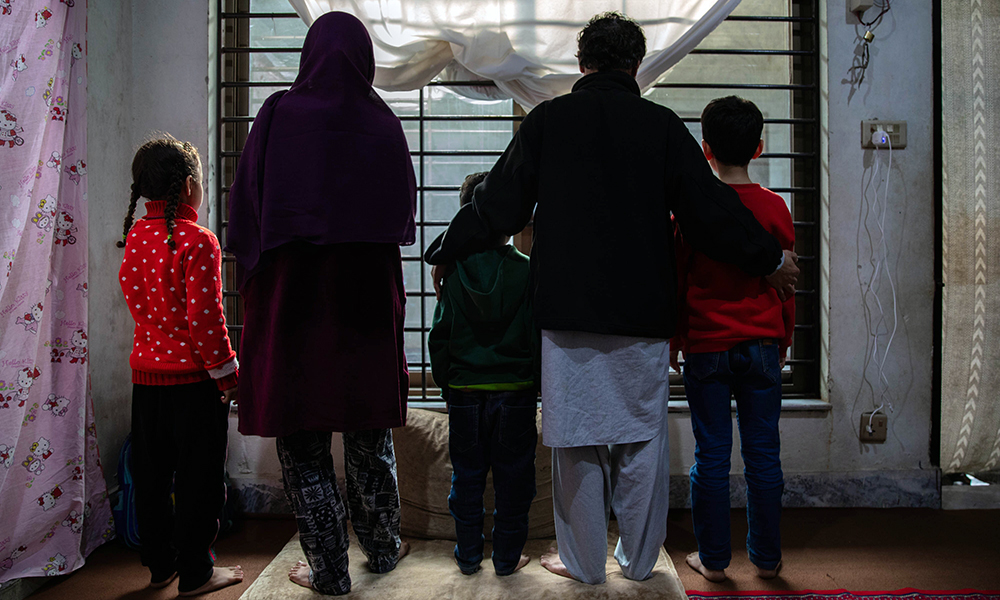
Pakistan will repatriate nearly 20,000 Afghan nationals currently awaiting resettlement in the United States, The Nation reported, citing official sources.
The move affects 19,973 Afghans living across Pakistan.
A federal directive will instruct provincial chief secretaries and police chiefs in Punjab, Sindh, Khyber Pakhtunkhwa, Balochistan, Azad Kashmir, Gilgit-Baltistan, and the Islamabad Capital Territory to begin the repatriation process immediately.
Authorities will also share verified data of the affected individuals with relevant departments to support implementation.
Following the Islamic Emirate’s return to power in 2021, more than 100,000 Afghans fled to Pakistan, many of whom had worked with the US and UK governments, international organizations, or aid agencies.
Thousands have remained stranded in Pakistan for over four years while awaiting US resettlement clearance.
Prospects for relocation have dimmed amid a suspension of case processing by the US administration, according to The Nation.
Under Pakistan’s Illegal Foreigners Repatriation Plan (IFRP), all Afghan nationals still awaiting US relocation will now be returned to Afghanistan.
Latest News
Terrorist activities observed along Afghanistan borders, says Lavrov
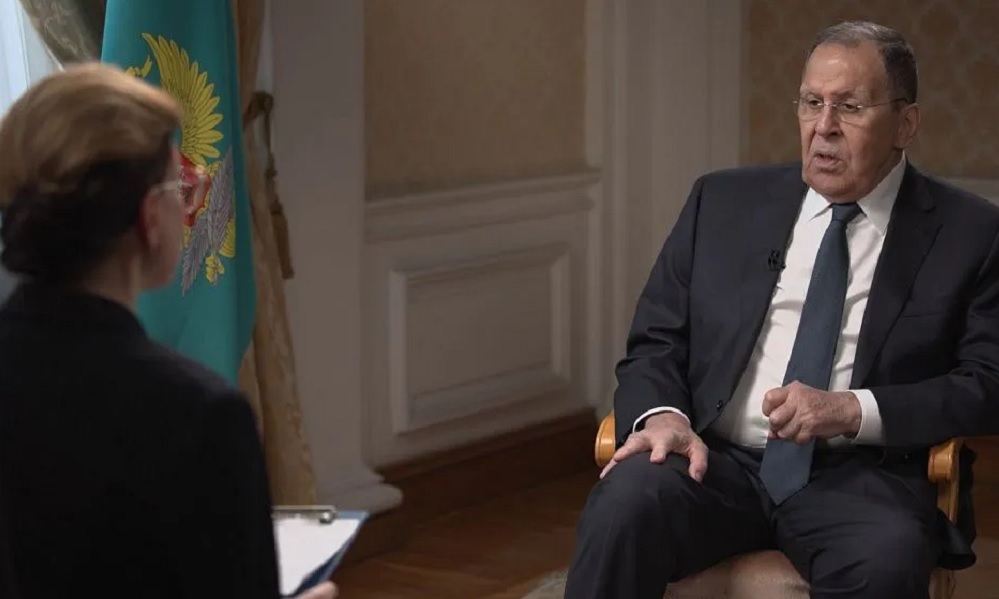
Terrorist activities continue to be observed along Afghanistan borders and along the India–Pakistan–Afghanistan corridor, Russian Foreign Minister Sergei Lavrov said in an interview published on Monday.
Speaking to Russia-based media outlet TV BRICS, Lavrov pointed to ongoing concerns in the Middle East, including its Asian regions.
He highlighted the importance of collaboration with India at the United Nations to advance a global counter-terrorism convention.
Lavrov stated that while the draft convention has already been prepared, consensus on its adoption has not yet been reached.
Russia has repeatedly expressed concern about militant threats from Afghanistan. The Islamic Emirate, however, has dismissed the concerns saying that it will not allow Afghanistan’s soil to be used against any country.
Latest News
Afghan border minister holds phone talks with Iran’s deputy foreign minister
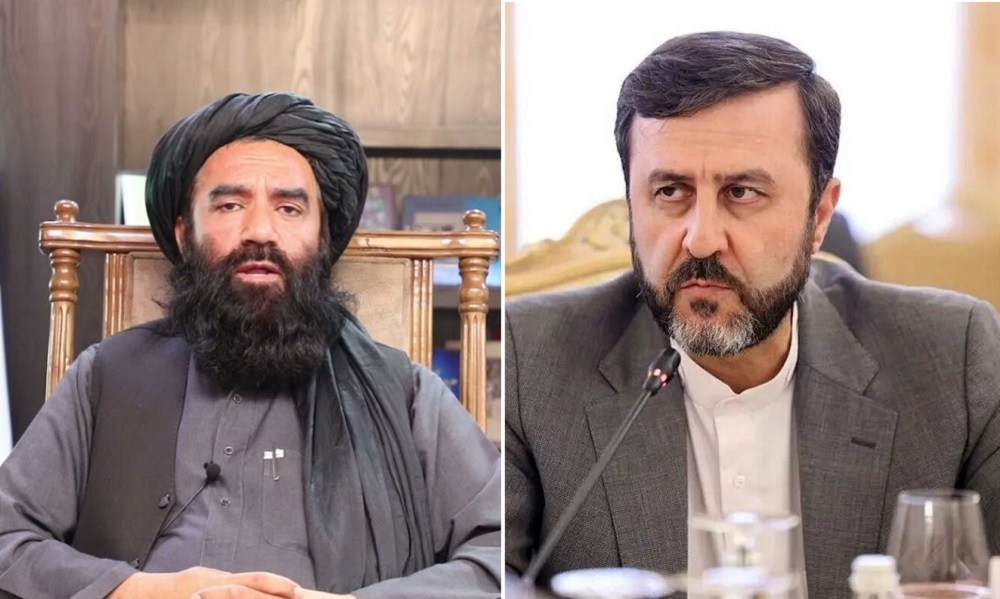
Noorullah Noori, Afghanistan’s Minister of Borders and Tribal Affairs, held a phone conversation with Kazem Gharibabadi, Iran’s Deputy Foreign Minister for Legal and International Affairs, to discuss bilateral border cooperation.
According to the Iranian news agency IRNA, both sides reaffirmed their commitment to strengthening border collaboration, with a particular focus on the ongoing renovation and updating of border markers. They also agreed to accelerate joint technical and legal meetings to enhance coordination.
As part of the agreement, the next meeting of senior border officials from Afghanistan and Iran is scheduled to take place in Iran in 1405 (2026–2027).
-

 Latest News2 days ago
Latest News2 days agoAfghanistan to grant one- to ten-year residency to foreign investors
-

 Latest News4 days ago
Latest News4 days agoTerrorist threat in Afghanistan must be taken seriously, China tells UNSC
-

 Sport3 days ago
Sport3 days agoIndonesia shock Japan to reach historic AFC Futsal Asian Cup final
-

 Sport4 days ago
Sport4 days agoMilano Cortina 2026 Winter Olympics: What You Need to Know
-

 Sport2 days ago
Sport2 days agoIran clinch AFC Futsal Asian Cup 2026 in penalty shootout thriller
-

 Latest News4 days ago
Latest News4 days agoUS Justice Department to seek death penalty for Afghan suspect in National Guard shooting
-

 Latest News3 days ago
Latest News3 days agoAfghanistan says Pakistan is shifting blame for its own security failures
-
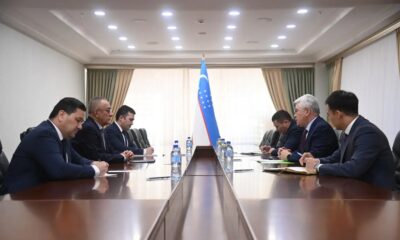
 Latest News4 days ago
Latest News4 days agoUzbekistan, Kazakhstan discuss cooperation on Afghanistan


